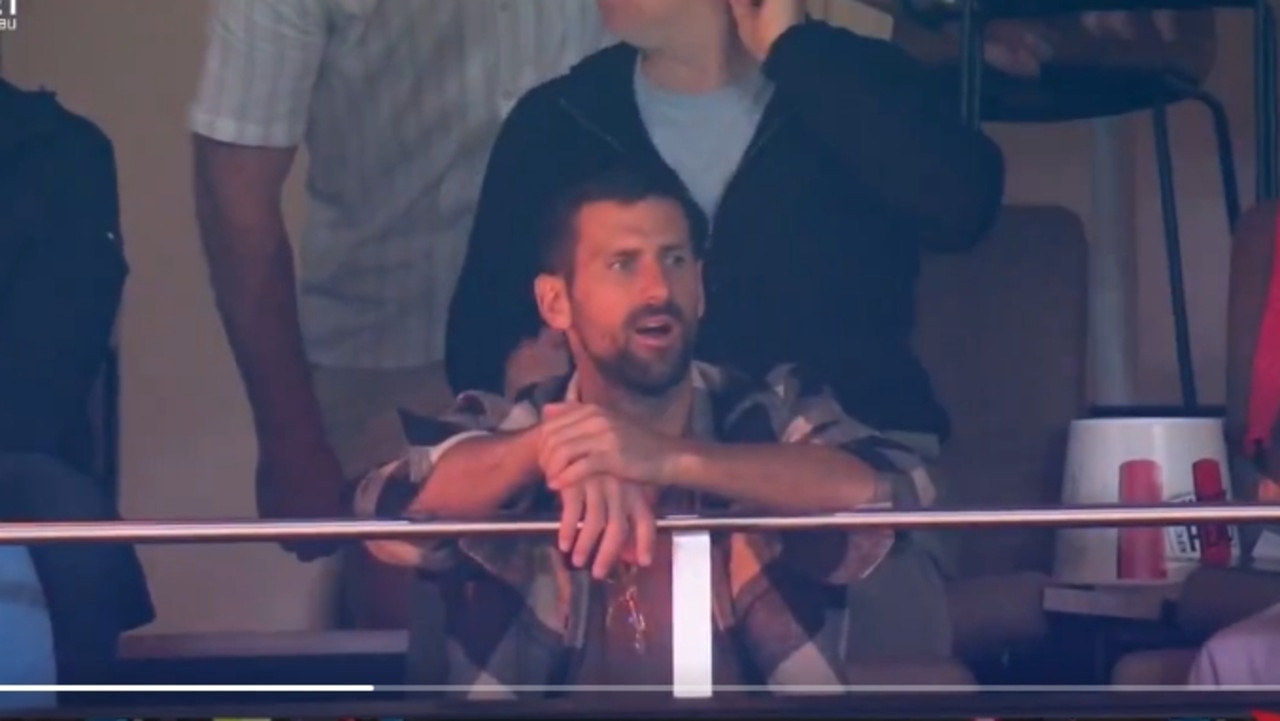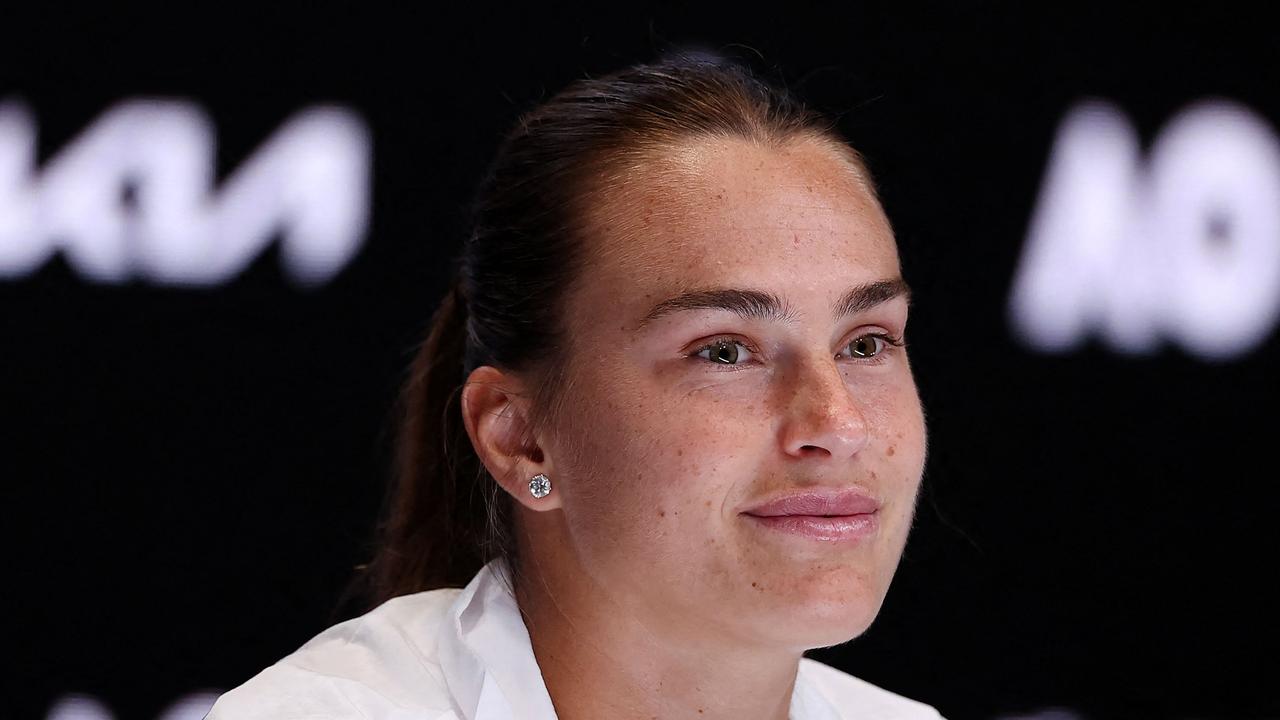Max Purcell stands down over anti-doping infraction, facing two-year ban
A rising star of Australian tennis could be hit with a multi-year ban, but has vowed to work with anti-doping authorities after coming forward. Read his statement.
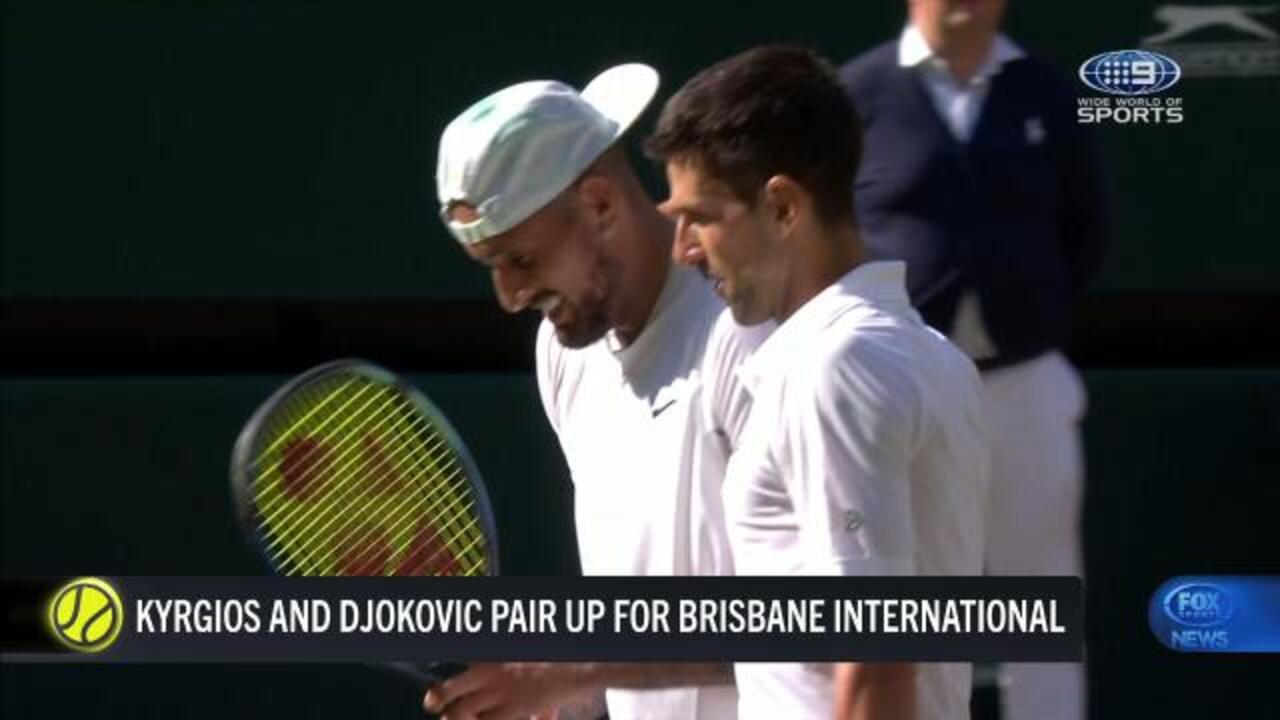
Tennis
Don't miss out on the headlines from Tennis. Followed categories will be added to My News.
“Devastated” Australian tennis star Max Purcell has thrown himself at the mercy of tennis anti-doping officials after confessing to receiving a vitamin infusion above the legally allowed limit.
Purcell on Monday confirmed he had approached the International Tennis Integrity Agency (ITIA) with proof he had unknowingly received an IV that exceeded the 100ml limit despite advising doctors he was a professional athlete that needed to adhere to the WADA code.
Bans for “Prohibited Method” anti-doping breaches can be up to two years, but Purcell’s honesty in raising the breach himself and his ongoing cooperation with ITIA in immediately accepting a provisional ban while his case is investigated should help him negotiate a lower suspension.
“As announced by the ITIA today, I have voluntarily accepted a provisional suspension since I unknowingly received an IV infusion of vitamins above the allowable limit of 100ml,” Purcell wrote on Instagram.
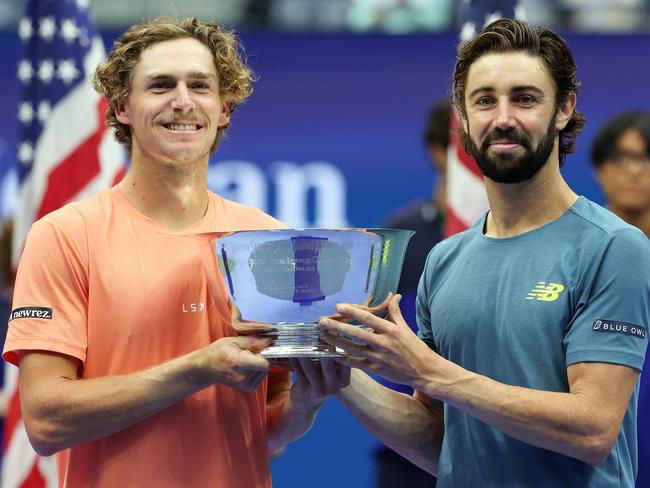
“Until last week when I received medical records from a clinic showing that the amount of an IV I had received was above 100ml, I was fully convinced that I had done everything to ensure that I had followed the WADA regulations and methods.
“But the records show that the IV was over that 100ml limit, even though I told the medical clinic that I was a professional athlete and needed the IV to be below 100ml.
“This news was devastating to me because I pride myself on being an athlete who always makes sure that everything is WADA safe.
“I volunteered this information to the ITIA and have been as transparent as possible in trying to put this whole situation behind me. I look forward to being back on the court soon.”
The dark clouds of doping were already set to hang over Melbourne Park as Jannik Sinner and Iga Swiatek, who were both world No.1 at the time, received recent doping infractions that have caused a worldwide stir.
Max Purcell, that is madness 🤯#Wimbledonpic.twitter.com/MAbUlmHYfa
— Wimbledon (@Wimbledon) July 11, 2024
Purcell, a two-time doubles grand slam champion including the 2024 US Open title with Jordan Thompson, won’t take any part in the summer after he accepted a provisional ban earlier this month.
The 26-year-old had been entered into qualifying at the Brisbane International, starting later this week, but has since withdrawn while his name is also missing from the Australian Open qualifying list after the final wildcards were awarded last week.
Brisbane International tournament director Cam Pearson says he knew nothing of Australian tennis star Max Purcell’s provisional anti-doping suspension until the bombshell news dropped on Monday.
Pearson, who was also recently reappointed to CEO of Tennis Queensland, became the first Australian tennis official to publically comment on the matter when asked about it on Tuesday.
“I’ve only seen the reports,” Pearson said.
“I understand Max has entered a voluntary suspension period. It’s under investigation so it’s inappropriate to comment any more.”
“The suspension came into effect on 12 December 2024, and time served under provisional suspension will be credited against any future sanction,” the ITIA said in a statement on its website.
“During the provisional suspension, Purcell is prohibited from playing in, coaching at, or attending any tennis event authorised or sanctioned by the members of the ITIA (ATP, ITF, WTA, Tennis Australia, Fédération Française de Tennis, Wimbledon and USTA) or any national association.
“As the matter is ongoing, the ITIA is unable to offer any further comment until its conclusion.”
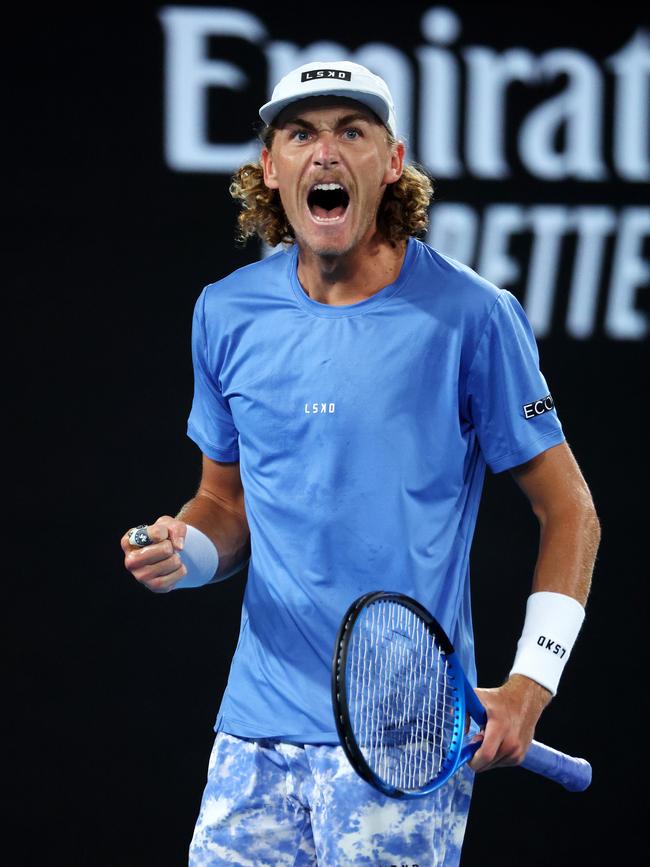
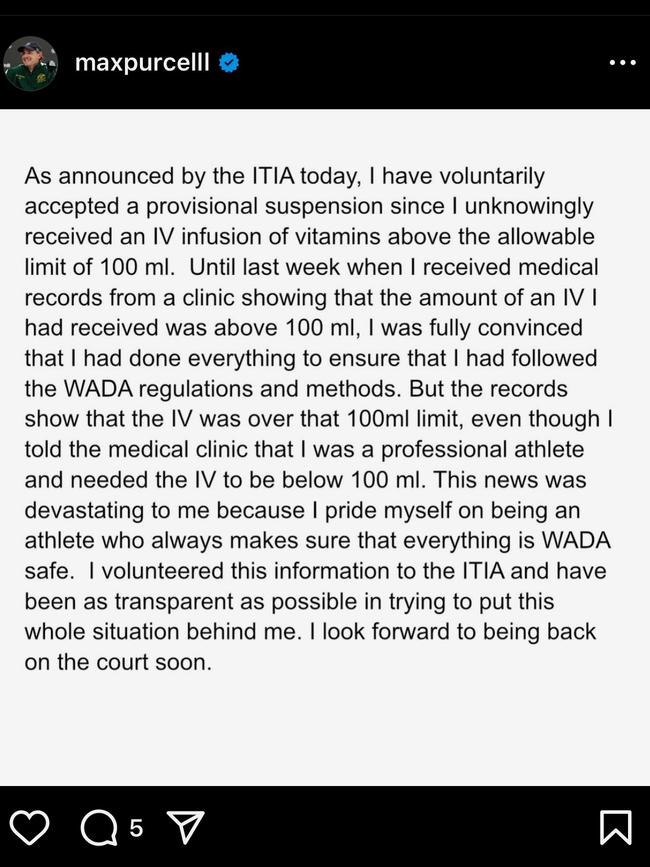
Purcell has a career high singles ranking of No.40 and more than $7.35m in career prize money.
He reached the second round at both the US Open and Australian Open in singles in 2024.
Tennis Australia confirmed it was aware of the Purcell case in a statement to Code Sports.
“Max Purcell has admitted to a breach of the Tennis Anti-Doping Programme and entered a voluntary provisional suspension from 12 December,” Tennis Australia said in a statement.
“The International Tennis Integrity Agency (ITIA) confirmed the breach relates to the use of a Prohibited Method, rather than the presence of a prohibited substance.
“As the matter is currently under investigation, it is inappropriate to comment further at this time.”
Purcell’s ban comes hot on the heels of the twin doping infractions for Sinner and Swiatek who tested positive to banned substances clostebol and trimetazidine (TMZ) respectively in 2024.
From missing three championship points at Wimbledon to winning the title at the US Open!
— US Open Tennis (@usopen) September 7, 2024
Redemption for Max Purcell and Jordan Thompson 🆠pic.twitter.com/ZdCYnkcWeX
Both players appealed within 10 days of being informed of their tests and the ITIA did not make their results public until they had been resolved several weeks later.
Sinner argued both of his positive test results in March were the result of “inadvertant” contamination, claiming anabolic agent clostebol entered his system via contact with his physiotherapist who was using an over-the-counter substance to heal a cut on his own finger.
Because Sinner appealed the provisional suspensions, he was able to keep playing until the independent tribunal finally ruled in August a “no fault or negligence” decision which meant he was cleared of any ban.
However WADA has since lodged an appeal and is seeking a ban of up to two years for the Italian.
Polish tennis star Swiatek meanwhile quietly served a one-month ban after the ITIA accepted the low traces of TMZ found in her system from an out-of-competition test on August 12 came from contaminated melatonin medication she was using to treat jet lag.
Her provisional suspension ran from September 12 until October 4, with three missed tournaments at the time passed off for “personal reasons” counting towards her time served when her ban was officially announced on November 28.




